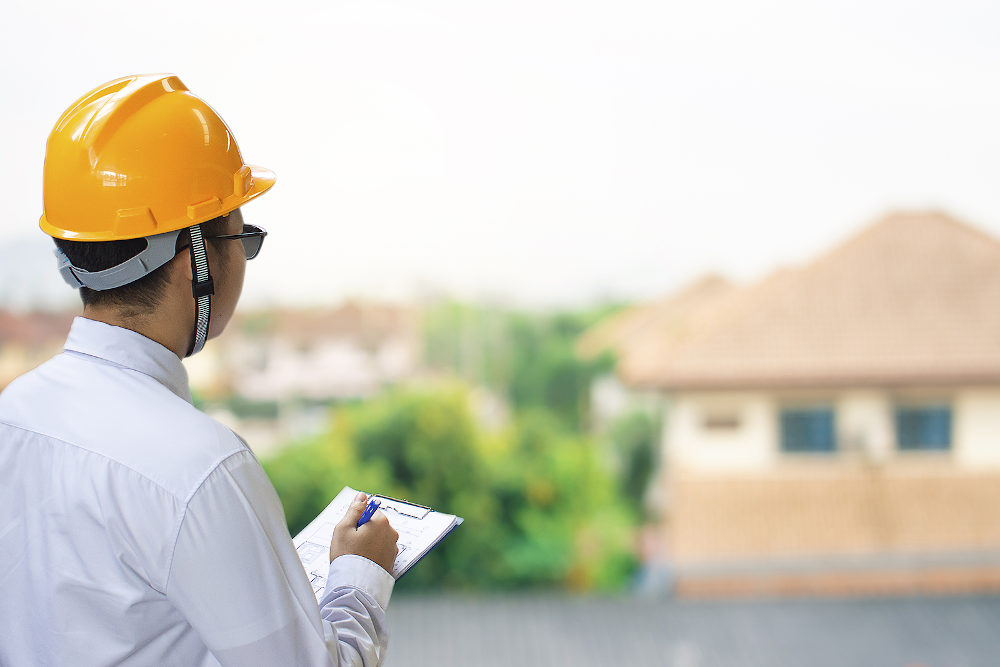All Categories
Featured
Table of Contents
Become An Approved Building Inspector (England And ... in Medina Western Australia 2022
Before you purchase a home, among the things you must do is to have it took a look at by a expert house inspector. Yes, we can hear your objection: "Purchasing a house is pricey enough as it is! Why would I select to fork over hundreds more if I'm not needed to?" In this post, we'll dig into what a home examination can reveal and whether it's worth hiring an inspector as a house purchaser.
An extensive examination is an important action in acquiring a house, and numerous lenders won't offer financing on a home without one. Home examinations can reveal potentially life-threatening problems like mold or malfunctioning wiring that might trigger a substantial fire. Most potential buyers have a seven-day window after a house evaluation to leave the purchase.
In some situations, realtors are also known to include house assessment clauses in agreements, such as those for a newly built house. In brand-new house construction, examinations generally cover:: Checking before the concrete is poured (once put, there's really little that can be corrected).: Checking the structure and mechanics before the drywall is laid.: A full walk-through is performed of the finished home.
Hiring A Home Inspector in Kinross Oz 2020

The typical inspection lasts 2 to 3 hours, and you must exist for the inspection to get a direct description of the inspector's findings and, if needed, ask questions. Any problems the inspector discovers will make more sense if you see them in person rather of relying solely on the photo images in the report.
While it is difficult to list everything an inspector could look for, the following home evaluation list for buyers need to give you a basic concept of what to anticipate. The inspector will finish a full examination of the exterior of the structure. This will consist of climbing up into any crawlspaces under the home and using a ladder to reach and check the roof and other items.
Nevertheless, the pest inspector (yes, you might wish to engage one of those too), not the house inspector, will inspect for real damage from termites, and so on. The inspector will let you know which issues are cosmetic and which might be more major. If the foundation is not noticeable, and it usually is not, the inspector will not be able to analyze it straight.
Building Site Inspector - Explore Careers in Padbury Western Australia 2021
The inspector will look for locations where roofing damage or bad installation might permit water to enter the home, such as loose, missing out on, or incorrectly secured shingles and broken or damaged mastic around vents. They will likewise examine the condition of the seamless gutters. Home inspectors do not generally need to check particularly for termite damage, mold, asbestos, or water contamination.
The inspector will likewise complete a thorough assessment of the interior of the house. They will check everything from the ceiling to the cabinets under the sink. The home inspector will check all faucets and showers, try to find noticeable leaks and check the water pressure. They will likewise identify the sort of pipelines your home has if any pipelines show up.

The inspector will look at your heating and cooling system to estimate the age of the heating system and air conditioner, identify if they function correctly, and recommend repairs or maintenance. An inspector can also offer you an idea of the age of the home's ducting, whether it may have leaks, if your house has sufficient insulation to minimize your energy costs and whether there is any asbestos insulation.
Home Inspection: What's Included And Not? in Quinns Rocks Western Australia 2020

The inspector will also let you know what type of condition it remains in and give you a basic idea of the number of years it has left. The inspector will often inspect kitchen appliances that feature the house to ensure they work, however these are not always part of the examination.
The inspector will ensure the utility room is effectively vented. An inadequately preserved dryer-exhaust system can be a major fire risk. If the home has actually a connected garage, the inspector will ensure the wall has the proper fire ranking and hasn't been damaged in any way that would compromise its fire score.
The inspector will check for noticeable leakages, appropriately secured toilets, adequate ventilation, and other concerns. If the bathroom does not have a window or a ventilation fan, mold and mildew can end up being problems, and moisture can warp wood cabinets in time. A house appraisal is a various action than a house evaluation, however is also frequently a required contingency.
Affordable Clear Building Reports Whangaparaoa Red Beach ... in Leeming WA 2021
A home inspector only assesses the house's condition for overall security or potential problem areas, like a dripping roofing system, peeling paint, or anything not up to the local building regulations. A home assessment can't identify everything that may be wrong with the property; it only look for visual hints to issues.
Table of Contents
Latest Posts
Questions To Ask Your Home Inspector Before A ... in Joondalup Aus 2020
What's The Difference Between A Home Inspector & ... in Ascot Australia 2023
Building Inspection Perth in Beckenham Oz 2023
More
Latest Posts
Questions To Ask Your Home Inspector Before A ... in Joondalup Aus 2020
What's The Difference Between A Home Inspector & ... in Ascot Australia 2023
Building Inspection Perth in Beckenham Oz 2023